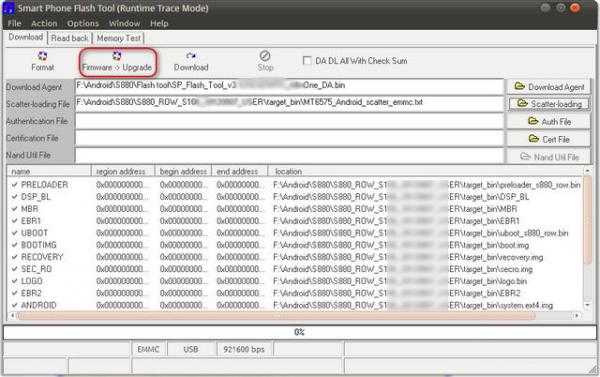


The Online HMAC Generator was created to help with calculating keyed hash value using the HMAC method. Every time you hash the same data, you will get the exact same hash value as a result. You find the hash by running the data through a hash generator. You can hash any data, for example it's just a string of characters (like a password) or checksum for files. A hash is a string of random-looking characters that uniquely identifies the data in question, much like your fingerprint identifies you. This is essentially the fingerprint of some data. If any of these errors are encountered, Teeny will generate an error to the syslog.When you hear the term hashing in the digital world, it's usually referring to a cryptographic hash. Teeny also checks for invalid paths, invalid XML files, or bad XML file paths. If the generated and stored hashes for any given path differ, then a warning will be logged to syslog - It will also generate and store a Linux ls -alrtRL output in the XML file’s directory for the path in question to assist with finding which files may have been modified. Teeny will, for each path defined in the ini, compare hashes of those paths to those stored in the XML file and if correct will generate an informational syslog message to the locally defined syslog server. teeny.py -ini /path/to/teeny.ini -compare Teeny iterates through the given paths, loads each file into memory (in 4mb chunks) and produces a hash value of the file contents and paths, which are then stored in the XMLS file. teeny.py -ini /path/to/teeny.ini -generate Include = jpeg,doc,class,exe file types to include CSV, do not place file types in quotes Path = /eg/path/I/care/about,/another/path/I/care/about paths to scan CSV Output = /home/someuser output path for XML file Teeny stores it’s configuration in an ini file, which must be readable by the same user which is executing Teeny.py: Path and hash information is stored in an XML file, which must be secured against unauthorised tampering. The tool operates on the principle of a Merkle tree if any end node in the tree changes, the resultant hash value is changed.

Teeny hasher is a small Python script, designed to iterate through a directory structure and produce a unique hash value based on the file contents and paths of certain files.


 0 kommentar(er)
0 kommentar(er)
